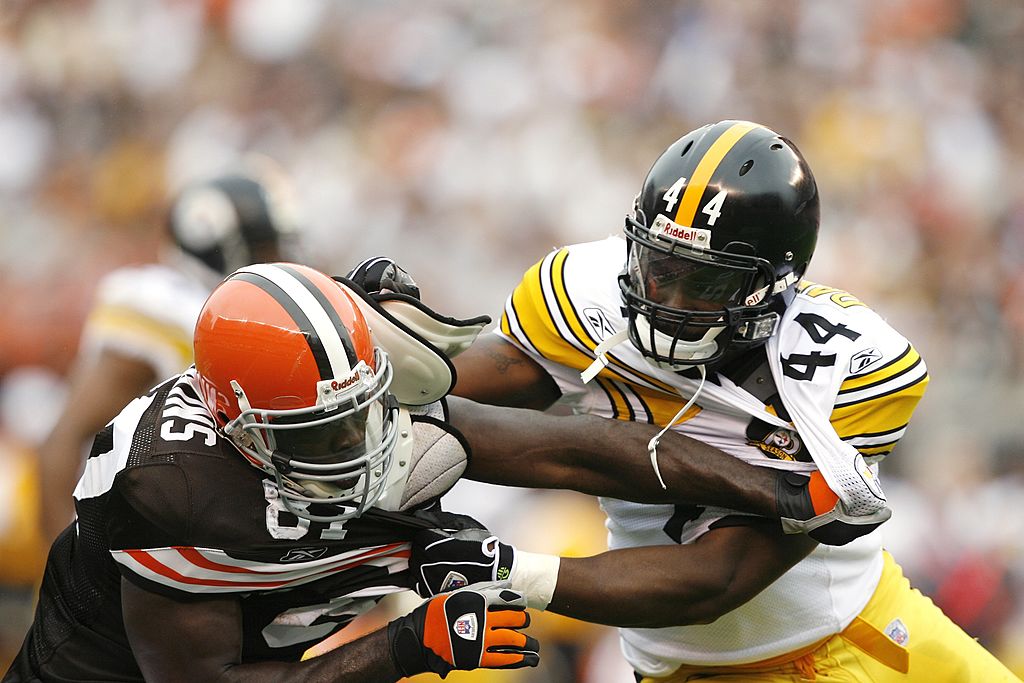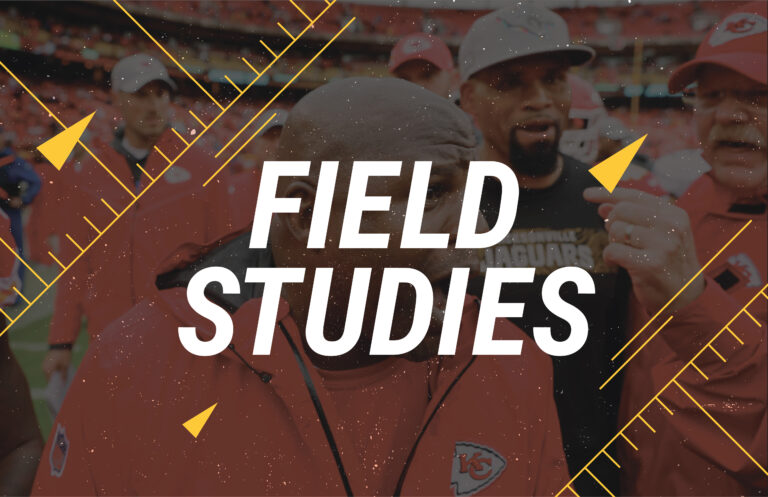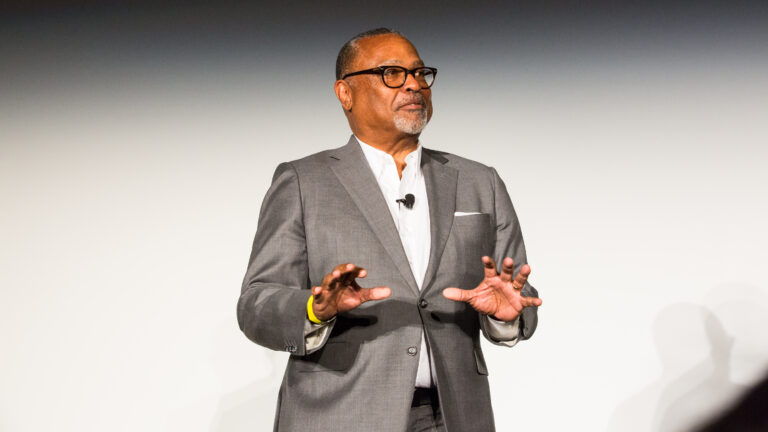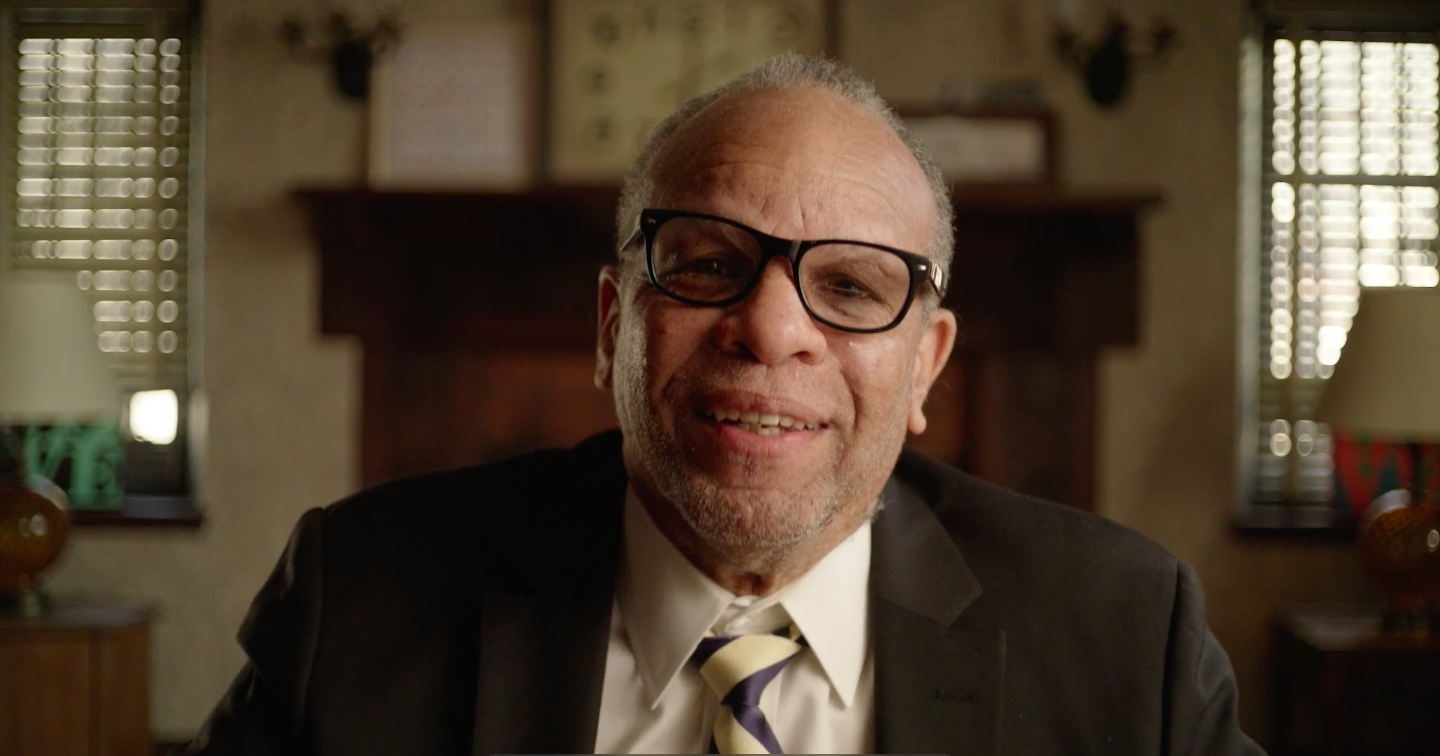Racial Norming, Coaches, and the NFL’s Race-Based Caste System
Why this matters
If not the proffered explanations, what does explain the NFL’s lack of progress in diversifying its head coaching ranks? Insight may be gained from seemingly unrelated sources—a legal dispute involving former African-American football players seeking eligibility for payment from the concussion-settlement fund the NFL established in 2013 and the work of Pulitzer Prize winning author Isabel Wilkerson.
Of the NFL’s 32 teams, three have African Americans head coaches. A recent Global Sport Institute report found no evidence of “a consistent increase in the number of [NFL] head coaches of Color” for the 2002-03 through 2019-20 seasons. Hollow explanations (convincingly refuted in a recent article by Kurt Streeter) for why the status quo persists include: an insufficient number of African Americans in the head-coach pipeline; African American candidates’ lack effective interviewing and communications skills; and, African American candidates’ lack experience. A disturbing explanation, which often masks unconscious racial bias, surfaces when the other rationales are not remotely applicable, “he’s qualified but not a good fit for our organization.”
If not the proffered explanations, what does explain the NFL’s lack of progress in diversifying its head coaching ranks? Insight may be gained from seemingly unrelated sources—a legal dispute involving former African-American football players seeking eligibility for payment from the concussion-settlement fund the NFL established in 2013 and the work of Pulitzer Prize winning author Isabel Wilkerson.
With respect to the legal dispute, a player’s eligibility to receive payment for concussion-related dementia is based on a formula that assesses the player’s degree of cognitive decline. The benchmarks used to make this determination adjust for race with the average set at a lower level for African-American players than for their White counterparts. Effectively, this race-based benchmark requires an African-American player to demonstrate a more significant cognitive decline in order to be eligible for compensation.
In other words, assume that White players’ cognitive abilities are set at 10 and that Black players are set at seven. Also assume that to recover compensation, each player must demonstrate a decline of four in their cognitive abilities. A White player would be eligible for compensation if his cognitive abilities decrease to six. In contrast, a Black player would be eligible for compensation only if his cognitive abilities fell to three.
The NFL argues that the lawsuit is unfounded and racial norming is a scientifically acceptable practice.
In August 2020, two retired African-American players, Kevin Henry and Najeh Davenport, sued the NFL in federal court in Philadelphia alleging the league engaged in racial discrimination by using racial norming to deny them compensation. The NFL argues that the lawsuit is unfounded and racial norming is a scientifically acceptable practice. Critics challenge the acceptability of the practice and its particularly harmful effects when a subset (i.e., NFL African-American players) of the general population on which benchmarks are based have characteristics that differ from those of members of the general population. Apart from its potential illegality, the NFL’s racial norming practice perpetuates and supports race-based caste system notions that Black athletes are less intelligent than their White counterparts.
Wilkerson’s work, Caste, speaks to America’s entrenched “race-based caste pyramid” that perpetuates a hierarchy in which leadership roles are reserved for those of the dominant caste. In America’s socially constructed caste system, expectations and assumptions assign African Americans to roles as workers and not as leaders. Wilkerson states, “Caste is more than rank, it is a state of mind that holds everyone captive, the dominant imprisoned in an illusion of their own entitlement, the subordinate trapped in the purgatory of someone else’s definition of who they are and who they should be.” In America, African Americans have disproportionately borne the real-life burdens associated with this state of mind.
In the NFL, African Americans are disproportionately impacted by the race-based caste system mindset that permeates the league. The longstanding racial stereotypes of intellectual inferiority that buttress America’s caste system influence the powerful network of largely White owners, front office personnel, league officials, and agents. Such stereotypes impede the ability of African Americans to attain leadership roles in professional and college sports beyond the playing field. It short, America’s race-based caste system mindset artificially limits the number of African-American NFL head coaches, general managers, and upper-level personnel.
NFL commissioner, Roger Goodell, has consistently deplored the absence of diversity among NFL head coaches and stated that increasing the representation of African Americans is a high priority. Yet, leadership opportunities for African Americans in sports will not increase dramatically until there is significant change in the mindset of the decision makers who have the agency and culpability for perpetuating a racial caste system in sports. As Wilkerson states, “We are not responsible for what people who look like us did centuries ago.” But each of us is “responsible for what good or ill we do to people alive with us today.” Progress will only be realized when decision makers in sports change their caste-system mentality and actions.
Timothy Davis is a Professor of Law at Wake Forest University, School of Law
Monthly Issue
How the NFL Moves Forward
18 years after the inception of the Rooney Rule, data shows a lack of forward progress when it comes to diversity at the highest levels of leadership in the NFL.
What actions are necessary to move the chains on safety, equity, and inclusion in the league?





